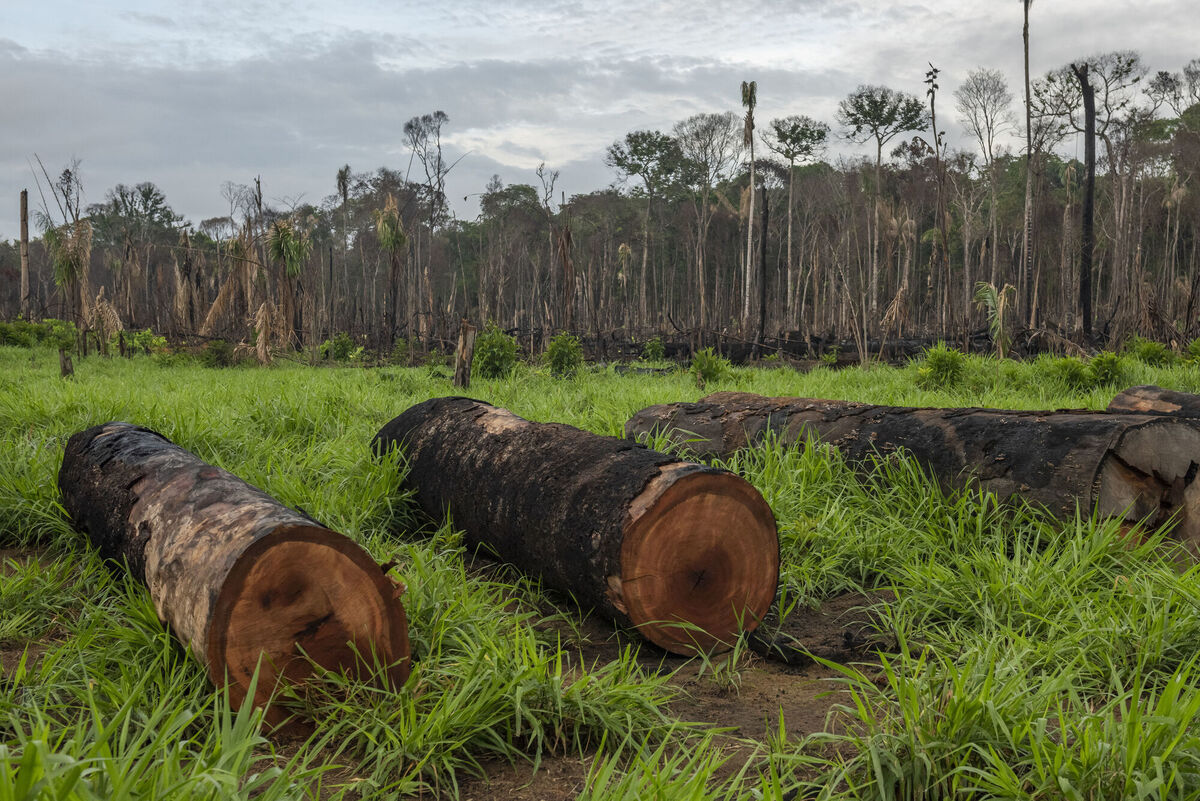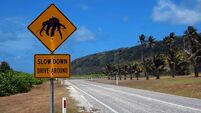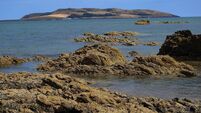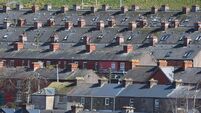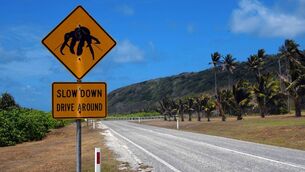Amazon rainforest being pushed ever nearer to a catastrophic tipping point
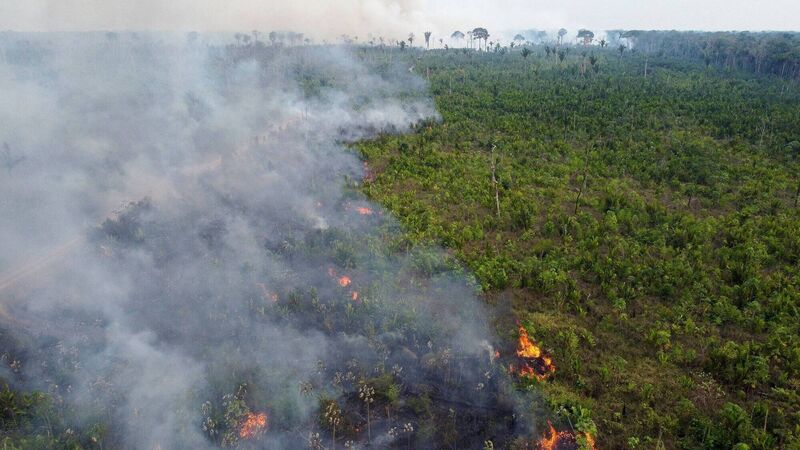
Aerial view of a burning area in Humaita, southern Amazonas State, Brazil. Picture: Michael Dantas/ AFP
Deforesting the Amazon When I was in school in the 1990s, logging in the Amazon rainforest was the most topical and pressing environmental issue. I remember researching an essay on Amazon deforestation for my geography class and becoming distressed at what I found out. Here were spectacularly layered forests, brimming with exotic and intriguing plants and animals, being destroyed as quickly as they were being explored. Indigenous peoples, custodians of these tropical forest habitat for far longer than any known ‘civilisation’ has endured, were being forcefully removed from their land.
